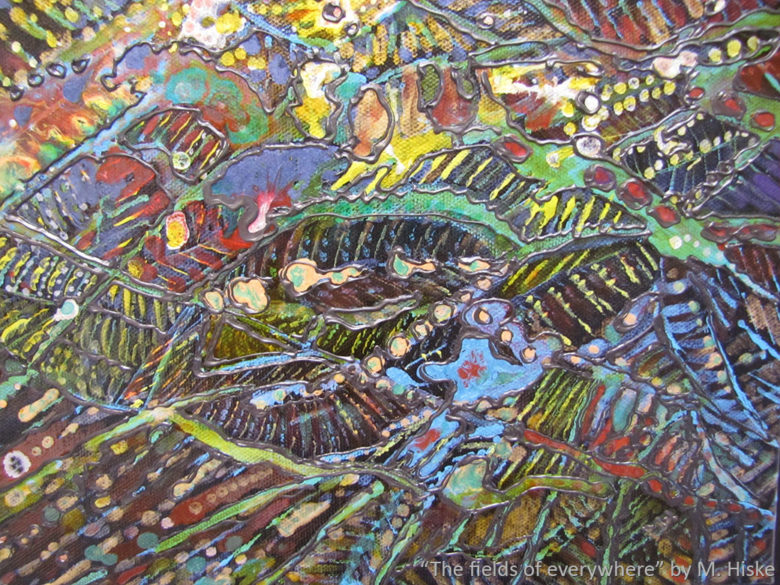“The contribution of the PhD thesis is substantial because it merges two disciplines, namely creative writing from English and identity construction from psychology, to inform the theory and practice of career intervention… This thesis is a fine example of scholarly work by a mature professional.”
Prof. Dr. Mark Savickas
Research
Key topics of research
- Career writing for career-identity development through narrative
- Writing in the face of loss: what can poetry, narrative and inquiry mean for the self in bereavement?
- Creative and expressive writing for personal development
- Becoming a Researcher from the Inside Out (BRIO): Can writing the self work help us shape our identity and know what we want to research?
Reinekke’s PhD thesis (2015) was on Career Writing, a narrative method that fosters to career identity development and agency.
Since the death of her spouse, Frans, in 2018, Reinekke’s research includes narrative and identity development in the face of bereavement. Her book on the topic is both personal and academic and won two awards.
See Reinekke’s publication list for topics of past and current research.
Research partners
Reinekke Lengelle works as part of an international community of practice: her network includes career researchers and professional writers and writing teachers from across the globe.
Reinekke has colleagues in the Netherlands, Belgium, Iceland, Ireland, Finland, Germany, England, France, South Africa, Australia, New Zealand, Canada and the USA.
She is also a member of the Research Group Sustainable Talent Development led by Dr. Ellen Sjoer at the Hague University of Applied Sciences.
Why this research matters
Career research: the world of work has changed drastically in the last few decades. Research shows several societal trends:
An increase in insecure, part-time jobs.
Many of us will be working on a project basis and instead of maintaining our employment we will need to maintain our employability.
An increase in complexity.
We used to be able to identify with particular professions easily, roles like dentist, lawyer, teacher, but now we have roles like “information architect”, “digital safety advisor”, and “educational designer”. There are jobs we don’t even know are out there and we might even create or shape our own work in fundamental ways. The choice of options in education reflect this increase in complexity.
Individualization.
While community remains important, the onus to develop ourselves has been put on the individual. We are being asked to navigate our own way through the world and labour market. It’s not a skill we learn at school. We have to go inside in order to succeed outside.
A multi-cultural world.
As the world globalizes and people of different cultures ‘mix’, both literally and symbolically, we need to develop deeper understandings about ourselves and our own preconceived notions, both about ourselves and others. Bridge building is the essential task of educators and those who would contribute positively to the new world of work.
The trends described above also means that the necessity to do ‘emotional labour’ at work and in life has increased.
We have to be able to meet the other and develop tailor-made solutions for clients and students. This requires being in touch with ourselves and we can do so by cultivating the internal conversation, the prerequisite for fostering a fruitful external conversation.
The story of who we are (and who we no longer are) is what needs unearthing, constructing, and articulating. Our thriving in the 21st century depends upon it and we can do this in playful ways.
